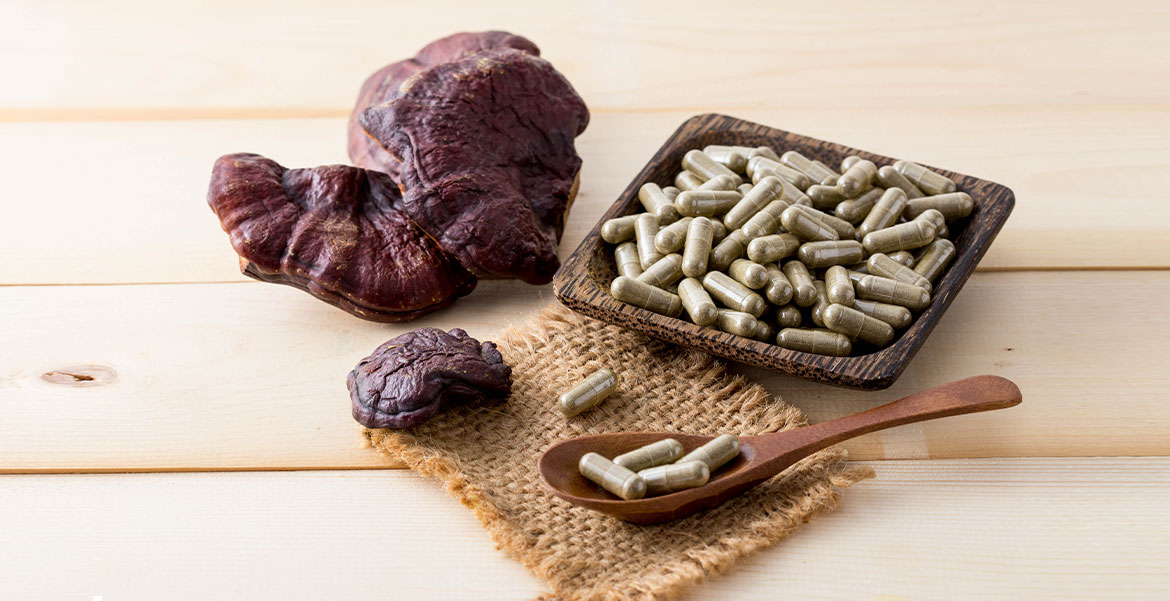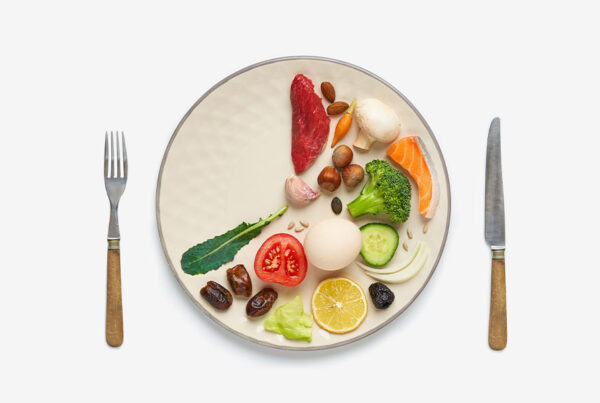Mushrooms and cancer
Mushrooms are part of the fungus family and there are hundreds of different species. They have been a part of traditional chinese medicine for centuries and are used to treat illness. They are also known as medicinal mushrooms.
A large variety of mushrooms have been utilized traditionally in many different cultures for the maintenance of health, as well as in the prevention and treatment of diseases through their immunomodulatory and antineoplastic (anti-cancer) properties.
According to NCBI, more than 100 medicinal functions are produced by mushrooms and fungi and the key medicinal uses are antioxidant, anticancer, antidiabetic, antiallergic, immunomodulating, cardiovascular protector, anticholesterolemic, antiviral, antibacterial, antiparasitic, antifungal, detoxification, and hepatoprotective effects; they also protect against tumor development and inflammatory processes. Numerous molecules synthesized by macrofungi are known to be bioactive, and these bioactive compounds found in fruit bodies, cultured mycelium, and cultured broth are polysaccharides, proteins, fats, minerals, glycosides, alkaloids, volatile oils, terpenoids, tocopherols, phenolics, flavonoids, carotenoids, folates, lectins, enzymes, ascorbic, and organic acids, in general.
Polysaccharides are the most important for modern medicine and β-glucan is the best known and the most versatile metabolite with a wide spectrum of biological activity.
In Asia, there are more than 100 types of mushrooms used to treat cancer. Some of the more common ones are:
Ganoderma lucidum (reishi)
Trametes versicolor or Coriolus versicolor (turkey tail)
Lentinus edodes (shiitake)
Grifola frondosa (maitake)
1. Reishi Mushrooms-

According to NCBI Ganoderma lucidum (G. lucidum) and related species have the longest historical usage for medicinal properties dating back at least four thousand years. In Japan it is called Reishi and in China and Korea it is variously called Ling Chu and Ling Zhi (Mushroom of immortality). Traditionally it has been used widely in the treatment of hepatopathy, chronic hepatitis, nephritis, hypertension, arthritis, insomnia, bronchitis, asthma and gastric ulcer. Scientific studies have confirmed that the substances extracted from the mushrooms can reduce blood pressure, blood cholesterol and blood sugar level as well as inhibition of platelet aggregation.
Extracts from fruiting bodies and mycelia of G. lucidum occurring in South India were found to possess in vitro antioxidant activity and antimutagenic activities.
Reishi mushroom can cause toxicity in some immune cells. There are also a few documented cases of liver toxicity. More studies are needed to show that reishi is safe and effective for use with cancer treatment.
Do not take it if you are anticoagulants or antiplatelets.
2. Shiitake (Lentinus L. edodes) –

Shiitake mushrooms are native to East Asia but are grown worldwide for their supposed health benefits. They are valued in some cultures as an anti-cancer agent.The fresh and dried forms of the mushroom are commonly used in East Asian cooking. Extracts from the mushroom, and sometimes the whole dried mushroom, are used in herbal remedies.
One shiitake extract called lentinan is a beta glucan. This is a type of complex sugar compound. Beta glucan is believed to stimulate the immune system and trigger certain cells and proteins in the body to attack cancer cells.
Finimundy et al. have provided experimental information about the aqueous extracts of L. edodes as potential sources of antioxidant and anticancer compounds. These extracts significantly decreased cell proliferation on tumors as well. Lentinan is used in clinic assays as adjuvant in tumor therapy and specifically in radiotherapy and chemotherapy. On the other hand, it has been reported that lentinan enhances host resistance against infections by bacteria, fungi, parasites, and virus; it also promotes nonspecific inflammatory responses, vascular dilation, hemorrhage-inducing factors activation, and generation of helper and cytotoxic T cells.
According to cancerresearchuk.org, In China a literature review of 12 studies looked at lentinan when given with chemotherapy for lung cancer. They found that lentinan worked on the immune system and improved quality of life in lung cancer patients.
We need larger scale studies before we will know how shiitake extracts can help people with cancer.
3. Maitake-

According to MSKCC, Maitake is a mushroom that traditionally has been used in Japan and China as part of the diet and to treat diabetes and hypertension. Like other medicinal mushrooms, it contains a complex sugar called beta-glucan. In laboratory and human studies, maitake extract was able to stimulate various cells and factors in the immune system.
It is worthy to note that according to MSKCC, Asymptomatic eosinophilia (increase in the number of white blood cells) has been reported as the side effect, which may indicate an allergic reaction.
4. Turkey tail mushroom-

Turkey tail is a type of mushroom that grows on dead logs worldwide. It’s named turkey tail because its rings of brown and tan look like the tail feathers of a turkey. Its scientific name is Trametes versicolor or Coriolus versicolor. In traditional Chinese medicine, it is known as Yun Zhi. In Japan, it is known as kawaratake (roof tile fungus).
Turkey tail has been used in traditional Chinese medicine to treat lung diseases for many years. In Japan, turkey tail has been used to strengthen the immune system when given with standard cancer treatment.
Polysaccharide K (PSK) is the best known active compound in turkey tail mushrooms. In Japan, PSK is an approved mushroom product used to treat cancer.
In view of the current situation, the research of bioactive components in edible wild and cultivated mushrooms is yet deficient. There are numerous potential characteristics and old and novel properties, provided by mushrooms with nutraceutical and health benefits, which deserve further investigations.
References:
https://www.ncbi.nlm.nih.gov/pmc/articles/PMC2275760/
https://www.cancer.gov/about-cancer/treatment/cam/patient/mushrooms-pdq
https://www.cancerresearchuk.org/about-cancer/cancer-in-general/treatment/complementary-alternative-therapies/individual-therapies/mushrooms-in-cancer-treatment
Tags: Mushrooms, fungus family, different species, traditional chinese medicine, medicinal mushrooms, prevention and treatment of diseases, immunomodulatory and antineoplastic (anti-cancer) properties, NCBI, antioxidant, anticancer, antidiabetic, antiallergic, immunomodulating, cardiovascular protector, anticholesterolemic, antiviral, antibacterial, antiparasitic, antifungal, detoxification, hepatoprotective effects, tumor development and inflammatory processes, bioactive, fruit bodies, cultured mycelium, polysaccharides, proteins, fats, minerals, glycosides, alkaloids, volatile oils, terpenoids, tocopherols, phenolics, flavonoids, carotenoids, folates, lectins, enzymes, ascorbic, and organic acids, Ganoderma lucidum (reishi), Trametes versicolor or Coriolus versicolor (turkey tail) , Lentinus edodes (shiitake), Grifola frondosa (maitake), Polysaccharide K (PSK).









